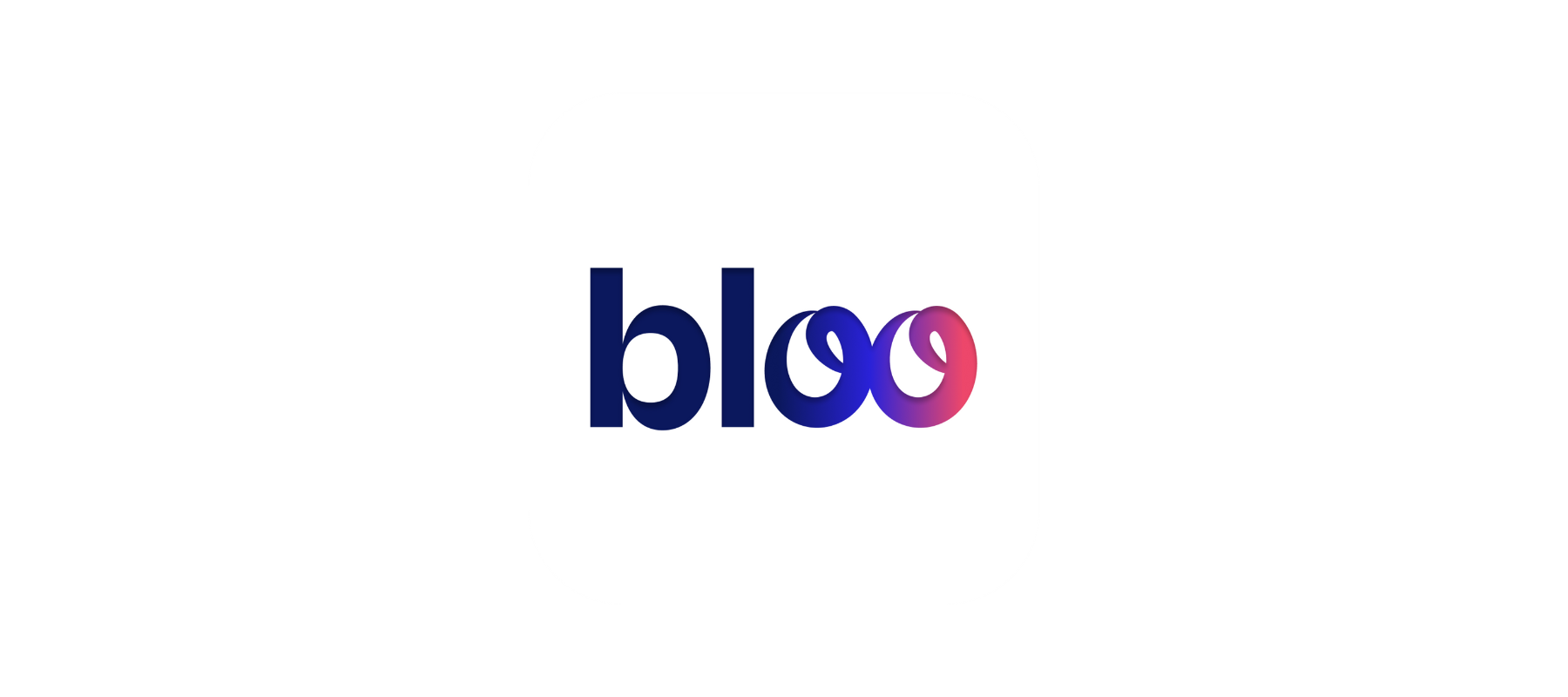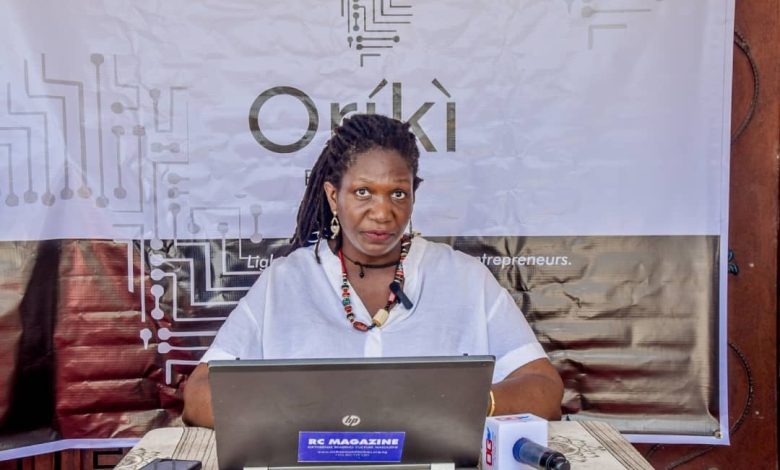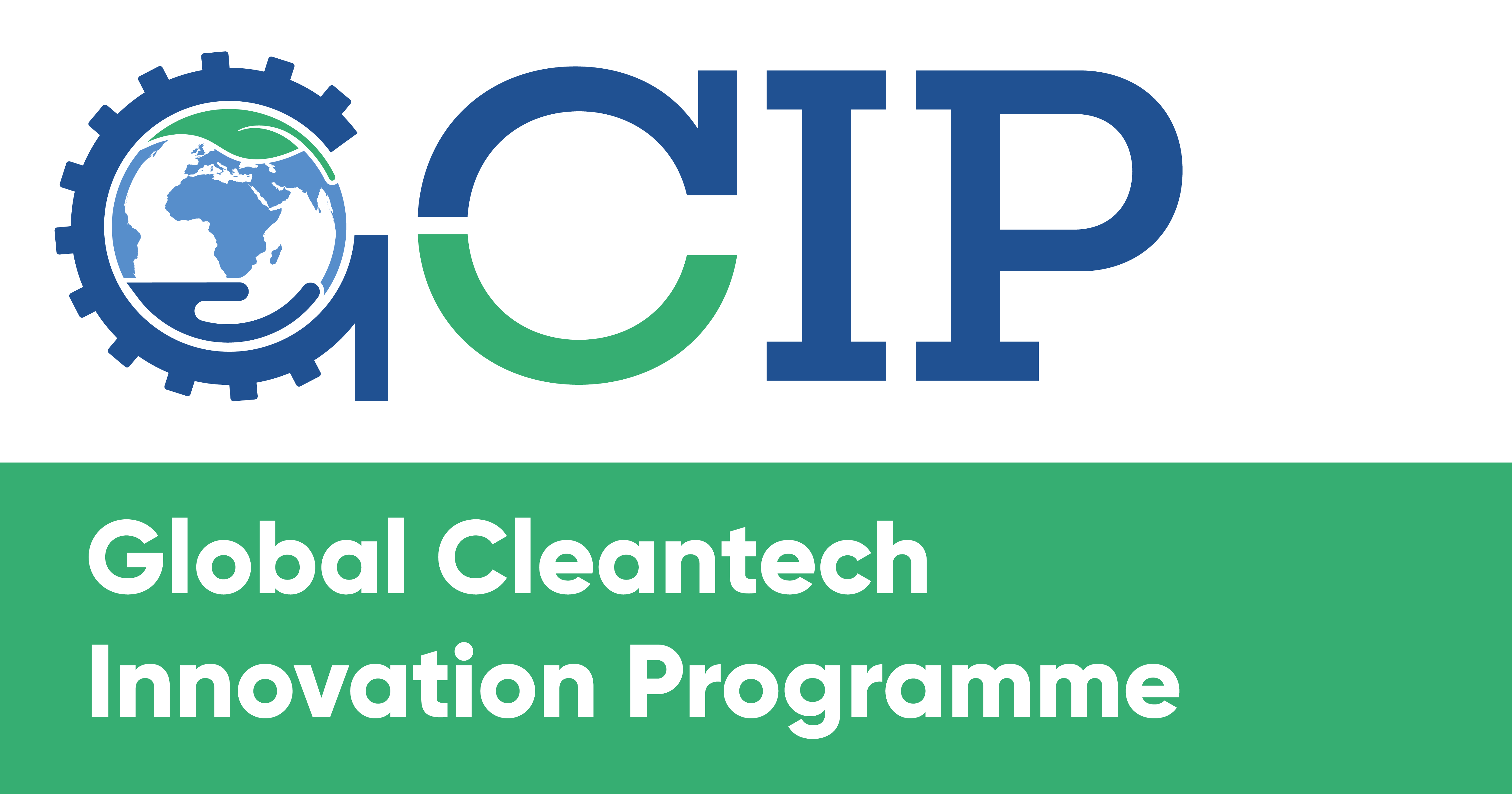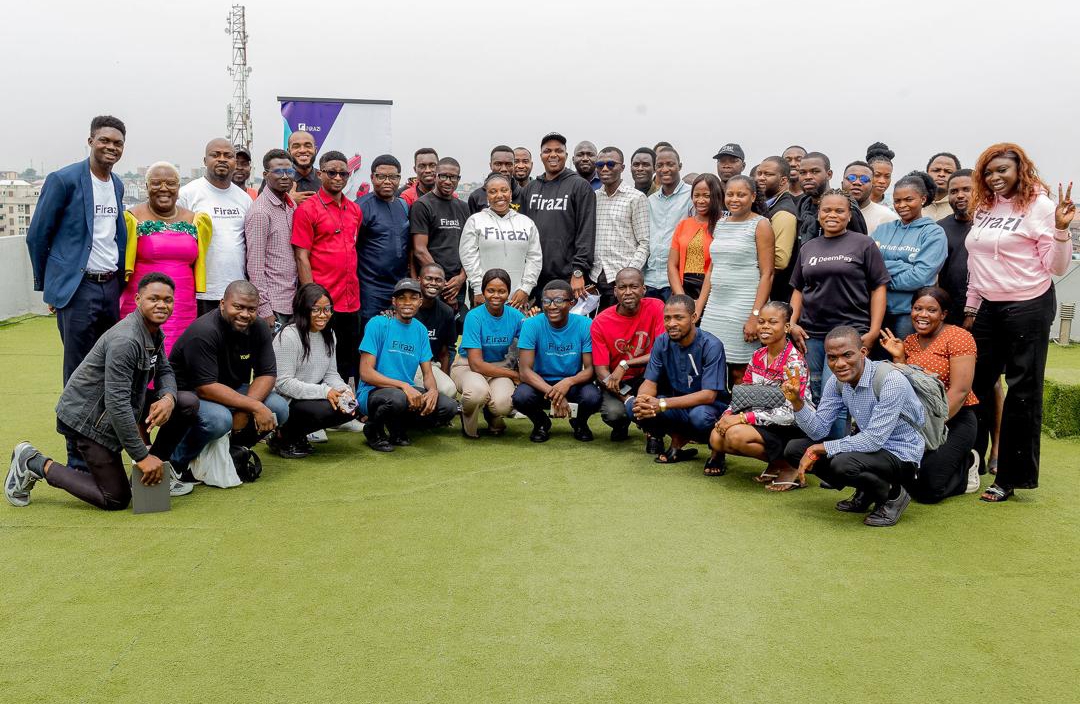Bloo Money, formerly Moya Money, has unveiled its vibrant new identity, signalling a fresh chapter in its journey as a South African fintech startup.
Founded in March 2021 by Thulani Masebenza and Sabica Pardesi, Bloo Money empowers freelancers through its innovative financial app.
According to the founders, the decision to rebrand was driven by several factors:
Uniqueness: Bloo Money sought a name that would stand out in the crowded fintech landscape. The shift from Moya Money to Bloo Money reflects the company’s commitment to being distinctive and memorable.
Read also: Madica launches grant support program for African startups
Playfulness: The new name is playful, resonating with the creative spirit of many of its customers. Bloo Money aims to inject fun and energy into the financial industry.
Global Accessibility: With cofounders operating in different continents—Thulani Masebenza in South Africa and Sabica Pardesi in the UK—the name change ensures that Bloo Money can be easily pronounced and recognised worldwide.
A Core Product with a Fresh Focus
While the name has changed, Bloo Money’s core product remains steadfast. The company continues to offer a **Freelance Management System (FMS)**, supporting businesses in managing their freelance administration efficiently.
According to Sabica, the foundational principle behind Bloo Money’s vision is the freelancer’s relationship with money. By providing tools and services that transform how freelancers work and handle their finances, Bloo Money aims to empower this dynamic workforce.
Innovation, Customer-Centricity, and Differentiation
The rebranding isn’t just cosmetic; it signifies a renewed commitment to innovation and customer-centric solutions. Bloo Money’s statement emphasises this focus on differentiation and forward-thinking.
As the fintech industry evolves, Bloo Money stands ready to paint a brighter financial future—one that combines practicality with creativity, all while supporting freelancers across the globe.
Read also: Three Nigerian students launch healthcare startup for elderly people
About Bloo Money’s Financial App
Bloo Money’s financial app empowers freelancers by transforming how they work, handle their finances, and manage their freelance businesses.
Bloo Money’s core product is its Freelance Management System ( FMS). This system streamlines administrative tasks for freelancers, allowing them to focus on their work without getting bogged down by paperwork.
The FMS includes invoicing, expense tracking, project management, and client communication. Freelancers can easily create and send professional invoices, track income and expenses, and manage their projects—all within the app.
Bloo Money’s vision centres around the freelancer’s relationship with money. The app provides tools and resources to help freelancers make informed financial decisions.
Users can set financial goals, monitor cash flow, and gain insights into their earnings. Whether saving for taxes, planning for business growth, or managing irregular income, Bloo Money aims to empower freelancers to take control of their finances. The app’s interface is designed to be intuitive and user-friendly. Freelancers can easily navigate different sections, access relevant information, and perform tasks efficiently.
With cofounders operating in different continents (South Africa and the UK), Bloo Money ensures that its app is accessible to freelancers worldwide. The app’s features cater to the needs of a diverse freelance community, regardless of their location. Bloo Money’s recent rebranding showcases a renewed focus on innovation. The company aims to stay ahead of industry trends and continuously enhance its app.









